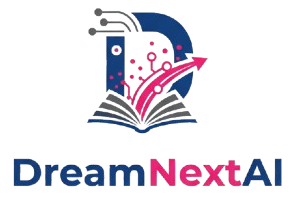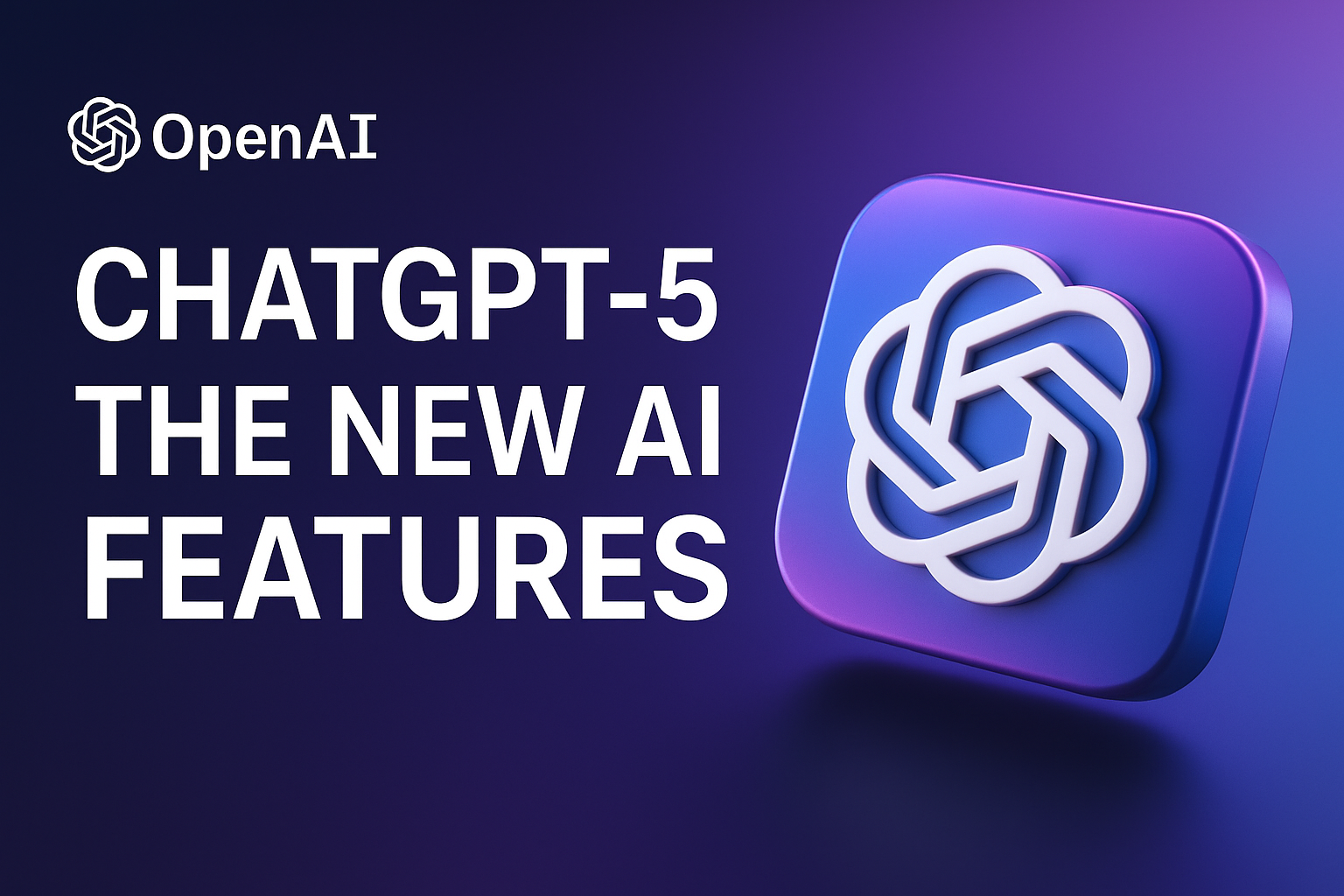Artificial Intelligence just took another giant leap forward. On August 7, 2025, OpenAI officially launched ChatGPT-5, the next-generation AI model that’s replacing all older GPT versions as the default for ChatGPT users worldwide.
From PhD-level expertise to seamless multimodal abilities, GPT-5 promises to transform how we work, create, and communicate. But is it really as groundbreaking as the hype suggests? Let’s dive into the features, updates, and what you can expect.
What is ChatGPT-5?
ChatGPT-5 is OpenAI’s latest and most advanced AI language model, designed to deliver:
- Higher accuracy with fewer “hallucinations” (incorrect answers)
- Unified performance—no more switching between GPT-4, GPT-4o, or o-series models
- Longer memory (context window up to 256,000 tokens)
- True multimodality, understanding and generating text, images, audio, and video
- Custom personalization, adapting tone, style, and functionality to user preferences
It’s not just an upgrade—it’s a full system overhaul that merges the strengths of all past GPT models into a single adaptive AI brain.
Key Features of GPT-5
1. PhD-Level Knowledge Across Domains
OpenAI claims GPT-5 can operate at a “PhD level” in various fields—meaning it’s sharper than ever for technical writing, coding, science, law, and creative work.
2. Massive Context Window
With 256k tokens of memory, GPT-5 can remember much longer conversations, entire books, or complex project histories without losing track.
3. True Multimodal AI
GPT-5 isn’t limited to words—it can process:
- Text: Articles, emails, code, scripts
- Images: Analysis, descriptions, and generation
- Audio: Transcriptions, summaries, and voice interactions
- Video: Scene analysis and storyboarding
4. Unified Model
Unlike GPT-4 and GPT-4o, which had specialized versions, GPT-5 adapts dynamically to any task—whether it’s reasoning through math problems, writing poetry, or generating marketing strategies.
5. Personalization
Users can now customize:
- Tone: Formal, casual, humorous, or concise
- Themes: Light, dark, or custom UI
- App integrations: Gmail, Google Calendar, and voice tools
What’s New Compared to GPT-4?
| Feature | GPT-4 | GPT-5 |
|---|---|---|
| Accuracy | Good but prone to errors | Far fewer hallucinations |
| Context Memory | 8k–32k tokens | 256k tokens |
| Modalities | Mostly text & image | Text, image, audio, video |
| Model Switching | Required (GPT-4, o-series) | One unified adaptive model |
| Personalization | Minimal | Deep customization options |
| Speed | Slower | Significantly faster & more responsive |
Limitations & Early Criticism
Despite its advancements, GPT-5 isn’t perfect:
- Occasional mistakes in spelling, geography, or reasoning
- Still not AGI (Artificial General Intelligence)—it doesn’t learn new things on its own after training
- Some users report quirks in logic during complex problem-solving
OpenAI has acknowledged these issues and plans to refine GPT-5 with continuous updates.
Access & Pricing
- Free users: Limited GPT-5 usage
- ChatGPT Plus: Higher usage limits + priority access
- Pro & Enterprise plans: Access to GPT-5 Pro, Mini, and Nano versions for specialized workloads
Why GPT-5 Matters
GPT-5 isn’t just a smarter chatbot—it’s a productivity powerhouse that can:
- Replace dozens of niche apps with one AI interface
- Enable AI-assisted workflows in education, marketing, research, and programming
- Make complex information more accessible for everyday users
In short: whether you’re a student, professional, or entrepreneur, GPT-5 can dramatically speed up your work and boost creativity.
Final Thoughts
ChatGPT-5 marks a major milestone in AI’s evolution—bringing speed, accuracy, multimodality, and personalization into one streamlined model.
While it’s not flawless, its ability to handle complex, multi-format tasks with human-like adaptability is a glimpse into the future of AI.
If you’ve only used ChatGPT casually before, now’s the time to explore what GPT-5 can really do—because this upgrade isn’t just incremental, it’s transformational.

